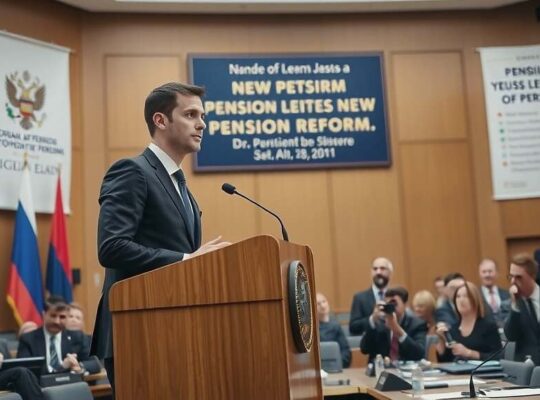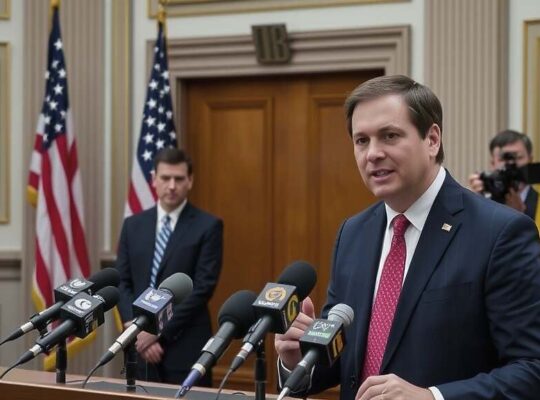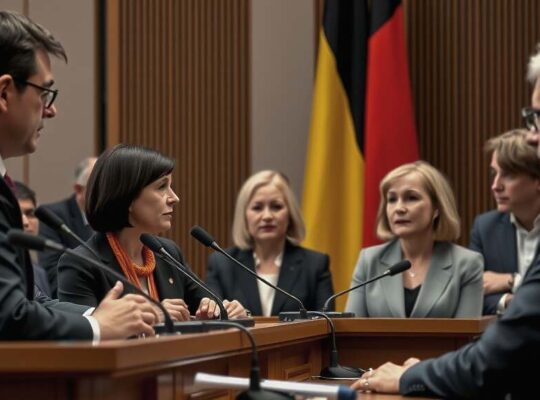He further emphasized the importance of national stability for the SPD’s success, asserting that the party “does not fare well when the country is in disarray
Klingbeil had previously acknowledged Schröder’s own ambitious reforms, telling “Die Zeit” that similar bold measures are needed today to ensure a strong and financially sustainable social welfare system He stressed, however, that any reforms must be relevant to the present day and avoid exacerbating societal divisions
Schröder, responding to Klingbeil’s comments, conveyed his hope for success, while also underscoring the significant responsibility that comes with initiating such changes He suggested the SPD has learned that courageous reforms, even if initially unpopular, can prove beneficial Schröder reiterated his belief that the SPD is the appropriate platform for undertaking such initiatives, particularly because a lack of reform disproportionately impacts citizens who rely on employment for their livelihoods – a core constituency for the party
Schröder’s comments refer back to the “Agenda 2010” reforms he initiated in March 2003 while Chancellor – a package of labor market and social welfare changes intended to address the country’s economic weaknesses at the time These reforms were met with considerable resistance, particularly from within the SPD itself and among its traditional voter base












